In the gift shop of a Midlands town’s tourist attraction these books are being sold: “Green Homes” and “Nature is at Risk”.
Green Home is very clearly aimed at very young children. Harper Collins advises that it is intended for 1 to 4 year-olds.
Onto the shoulders of these infants, the burden of saving the planet is placed before they can even read.
Nature at Risk is intended for 6-9 year olds, according to Amazon, which also advises.
Examining the world's different habitats, how plants and animals adapt to their environments, and how these ecosystems remain in balance, this activity-based book looks at how pollution, farming, and deforestation can cause damage. 'How Can I Help' boxes give plenty of practical, fun suggestions for improving our environment.
Are 7 year olds really equipped for a critical understanding of what “nature” is, and what a “risk” is? They probably don’t yet even know their times-tables. And even Guardian readers don’t properly understand these concepts.
Why isn’t it enough for books about natural history just to be about the animals and plants? Why is framing nature as vulnerable not frowned upon? The contents of the book reveal manifestly ideological and political stories are being given to tiny kids.
In the chapter “Keeping The Balance” learn that “a delicate balance exists between” all the species that occupy a habitat.
It’s not even true. As is explained in an interesting academic paper on the topic,
The “balance of nature” metaphor has been used to explain the functioning of natural systems from ancient times and continues to be invoked in popular culture, in spite of controversy regarding its use in the scientific community. We demonstrate that undergraduate students in the United States believe this term is descriptive of real ecological systems, and continue to do so after instruction in ecological science. A content analysis of students' definitions of the “balance of nature” and its causes varied widely with multiple, often contradictory, interpretations. A second survey confirmed that the range of definitions generated by students was representative of the larger educated population. Common responses included population regulation, species interactions, absence of disturbance and Nature. We speculate that the lack of a fixed meaning for the balance of nature term could lead to problems in education, public policy, and the transmission of ecological concepts to the general public.
The story of nature’s balance — and Her providence — is ideological myth, and an article of faith. It has taken various forms over millennia — from Christian theology through to New Age mumbo jumbo, and the plots of countless movies such as Avatar. And now it is the story at the foundation of intergovernmental agencies, as I point out in this video…
And now we see how that ideological mythology is being passed on to the next generation. These books and other influences like them, lay down ideas that form very young children’s understanding the world, before they have any real idea about what the world beyond their homes even is.
There are countless books like it. Here are just a few.

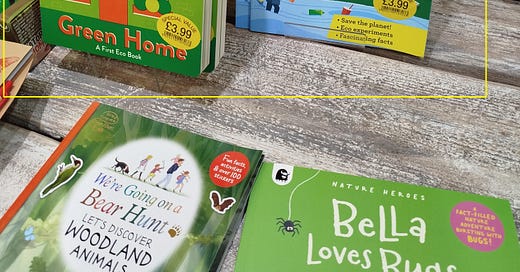



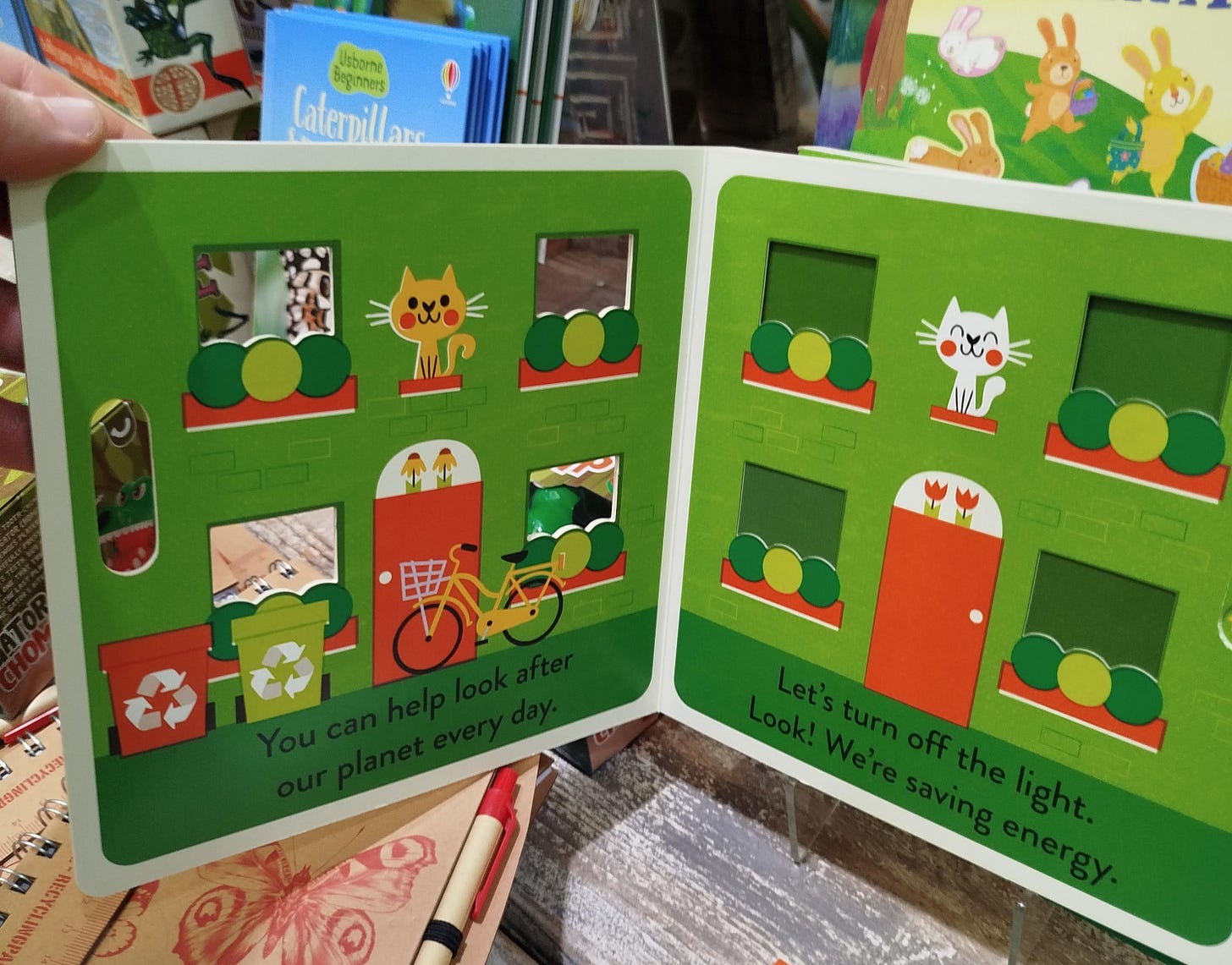
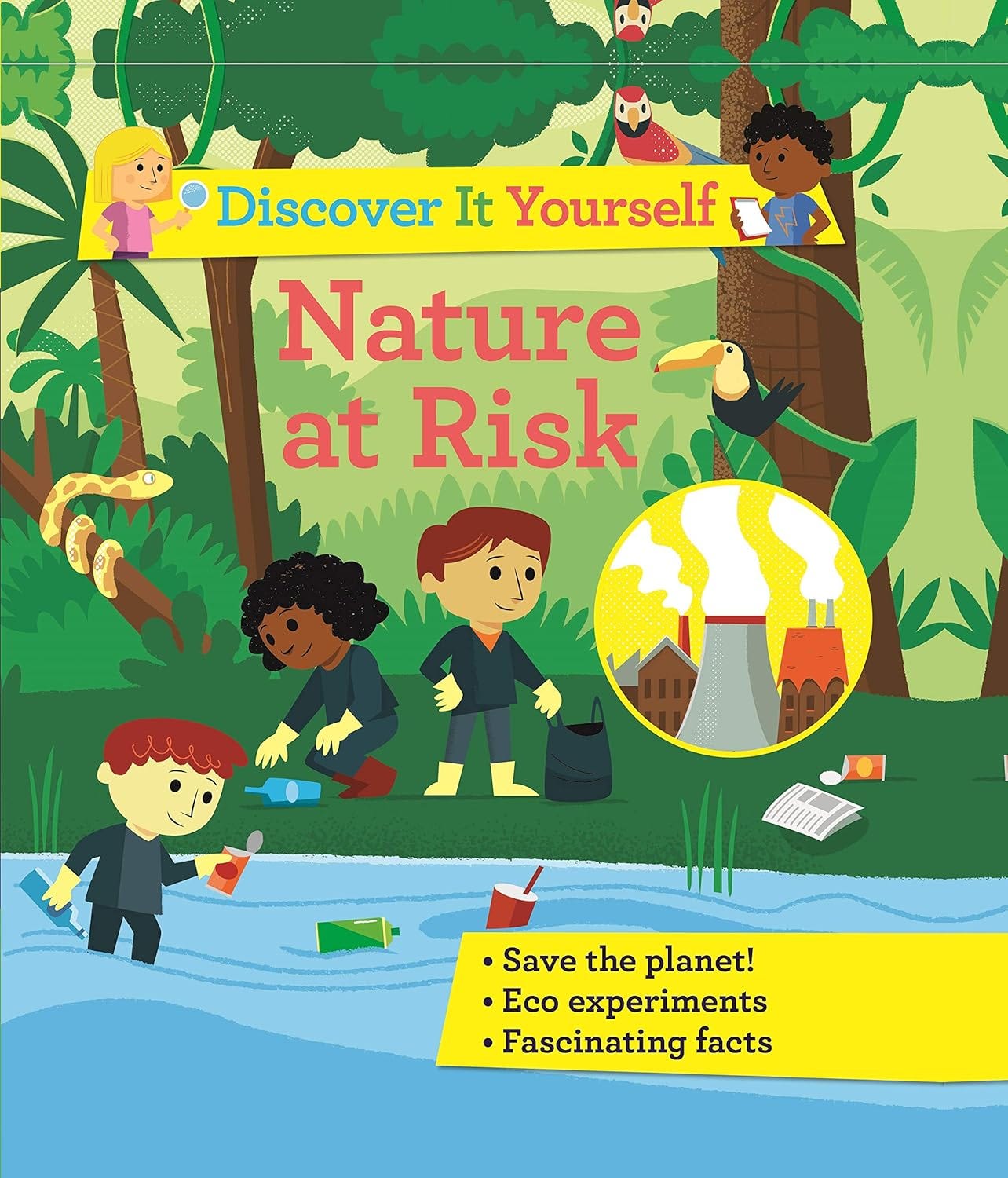
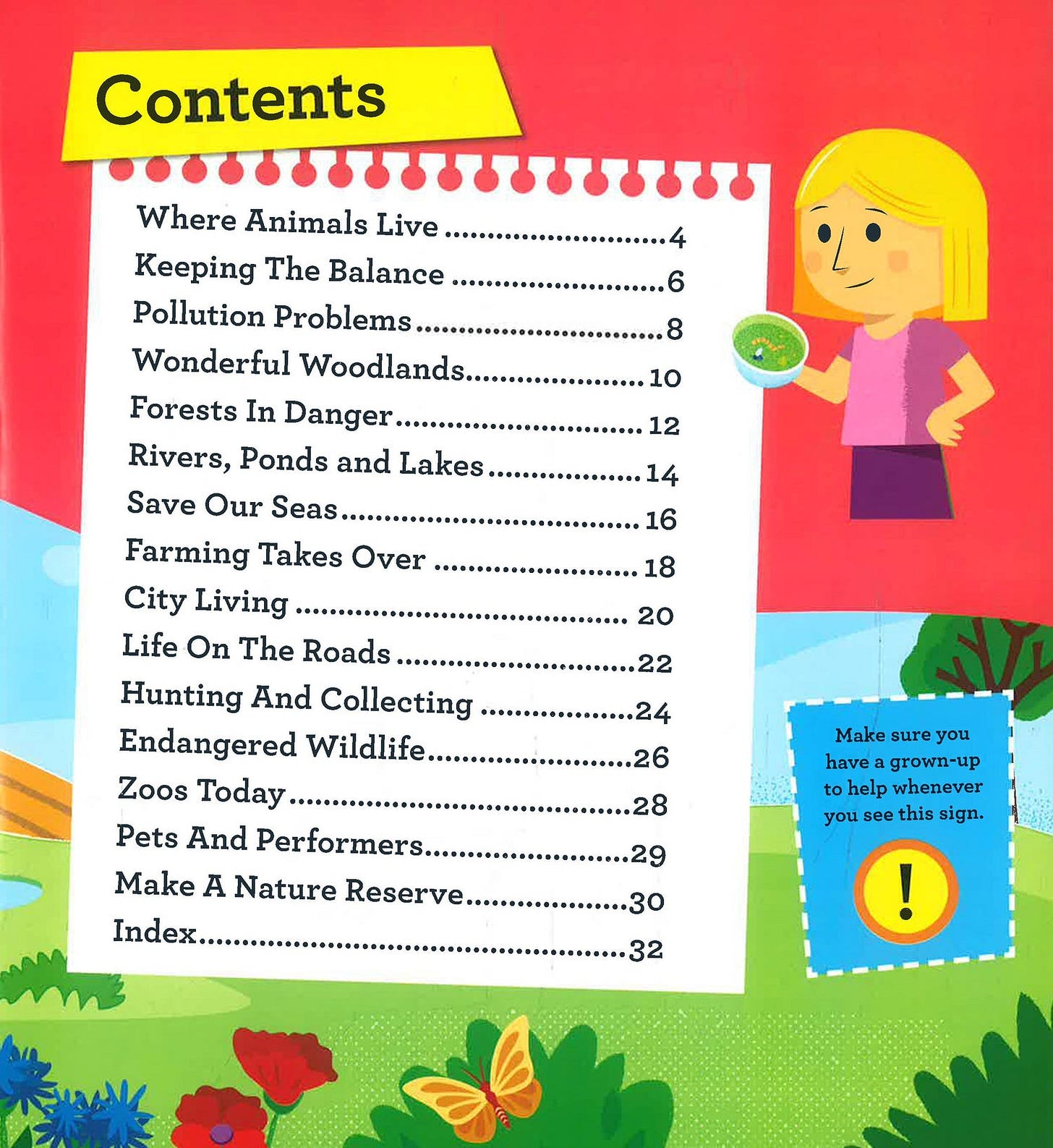
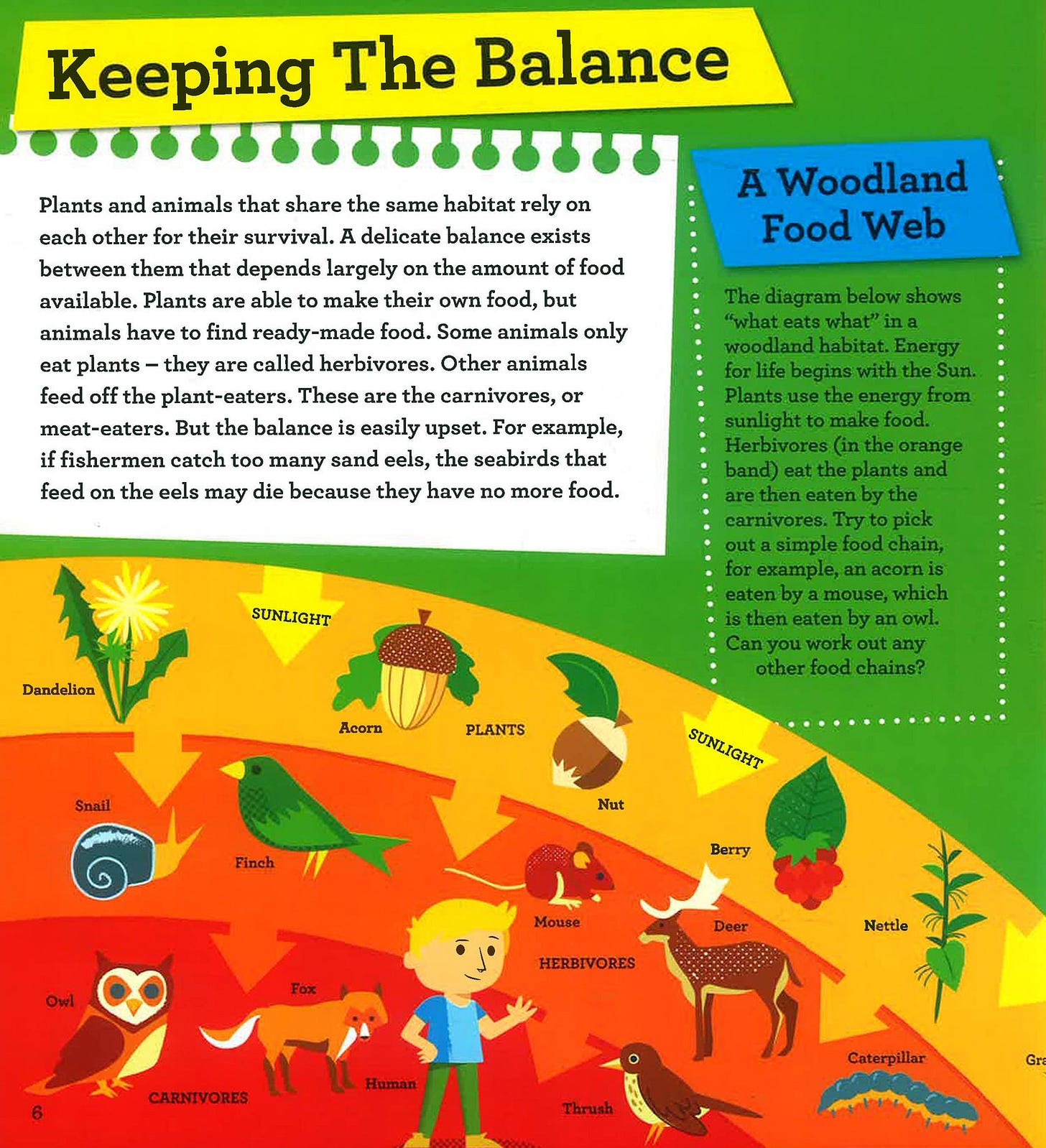
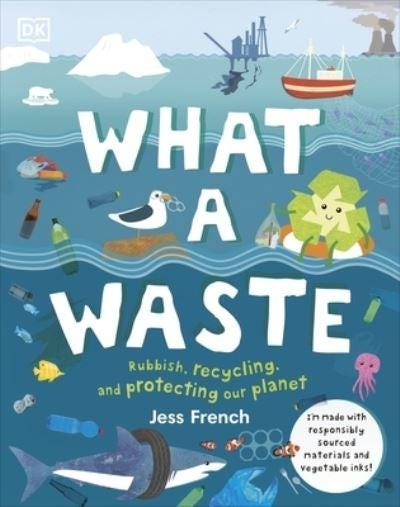

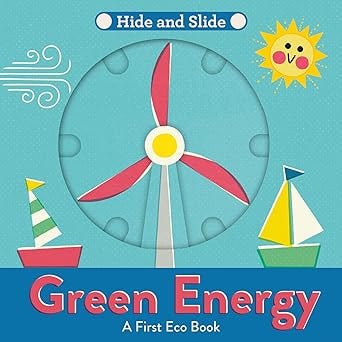
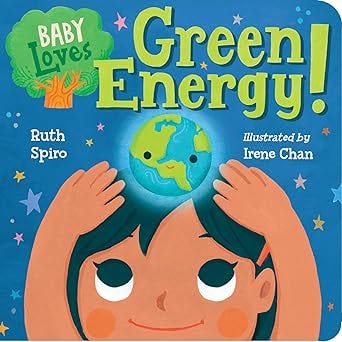
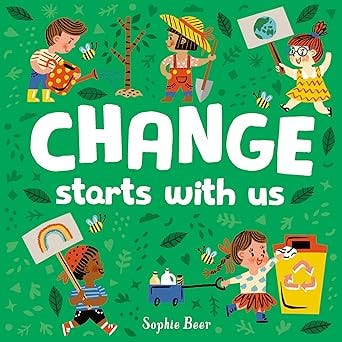
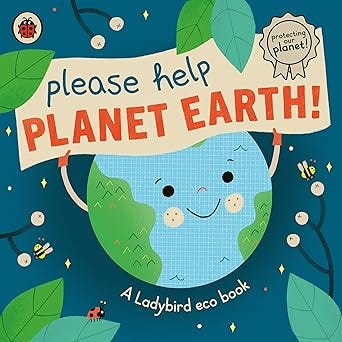

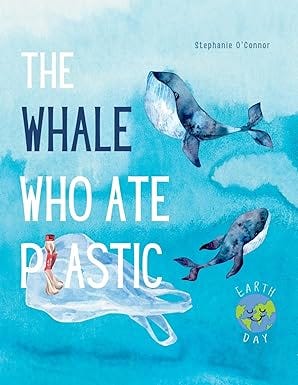
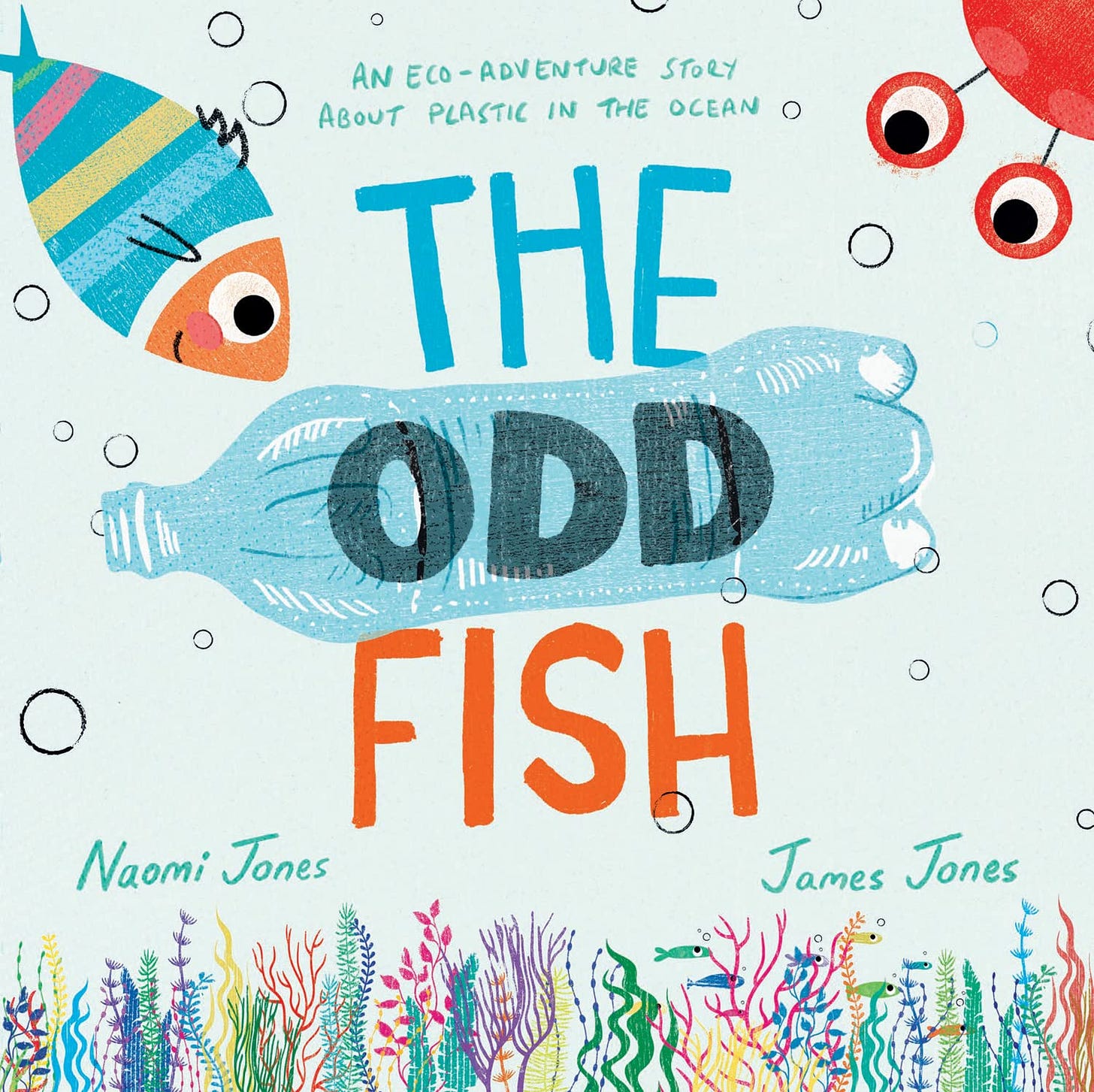
This is the equivalent of the eco-fascists smashing up the kettle.
In the early days of the railroads in the US, an old man lived in a shack and refused to relocate when the company built a railroad just feet away from his makeshift home, which would rattle and shake every time a steam loco passed by. A friend visited one day and brought with him a 'new-fangled' steel kettle for the old man to use on his wood-burning furnace. When it came to the boil, it started whistling and the old man leapt up, grabbed a piece of wood and beat the thing to death! Amazed, his friend asked, "Why did you do that?", to which the old man replied: "You've gotta get em while they're young!"
A neice of mine killed herself about 25 years ago. She was 16 and she jumped off a bridge. She left letters explaining and apologising. She felt that, amongst other issues, the state of the planet and the damage she, as a human being, was causing meant that there was no future. Her education had been full, even then, of how humans were destroying the planet. Nothing anybody else said could convince her that her teachers were wrong - after all, they were right about how to read and write and do maths. Most of her homework projects involved catastrophe-avoidance scenarios (the whales are dying because of humans, show how to save them using recycled rubbish). The wickedness of the zealot knows no bounds - this climate/planet saving nonsense is as cruel as the Catholic church of old with the Inquisition. The idea that we are more advanced or clever or enlightened than those old religious zealots is proveably untrue. They'd be burning some of us if burning things didn't help destroy the planet!